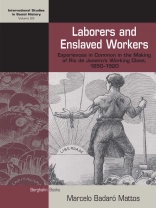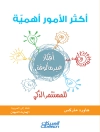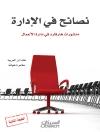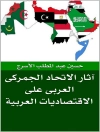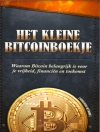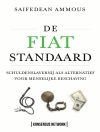From the middle of the nineteenth century until the 1888 abolition of slavery in Brazil, Rio de Janeiro was home to the largest urban population of enslaved workers anywhere in the Americas. It was also the site of an incipient working-class consciousness that expressed itself across seemingly distinct social categories. In this volume, Marcelo Badaró Mattos demonstrates that these two historical phenomena cannot be understood in isolation. Drawing on a wide range of historical sources, Badaró Mattos reveals the diverse labor arrangements and associative life of Rio’s working class, from which emerged the many strategies that workers both free and unfree pursued in their struggles against oppression.
Содержание
Preface to the Edition in English
Introduction
Chapter 1. Work, urban life and the experience of exploitation
Chapter 2. Forms of organization
Chapter 3. Resistance and Struggle
Chapter 4. Consciousness
Conclusion
Bibliography
Index
Об авторе
Marcelo Badaró Mattos is Full Professor of Brazilian History at Universidade Federal Fluminense, Brazil. He is the author and editor of a number of books, including Trabalhadores e sindicatos no Brazil (Workers and Trade Unions in Brazil; second edition, 2009) and E. P. Thompson e a tradição de crítica ativa do materialismo histórico (E. P. Thompson and the Tradition of Active Critique of Historical Materialism; 2012).
